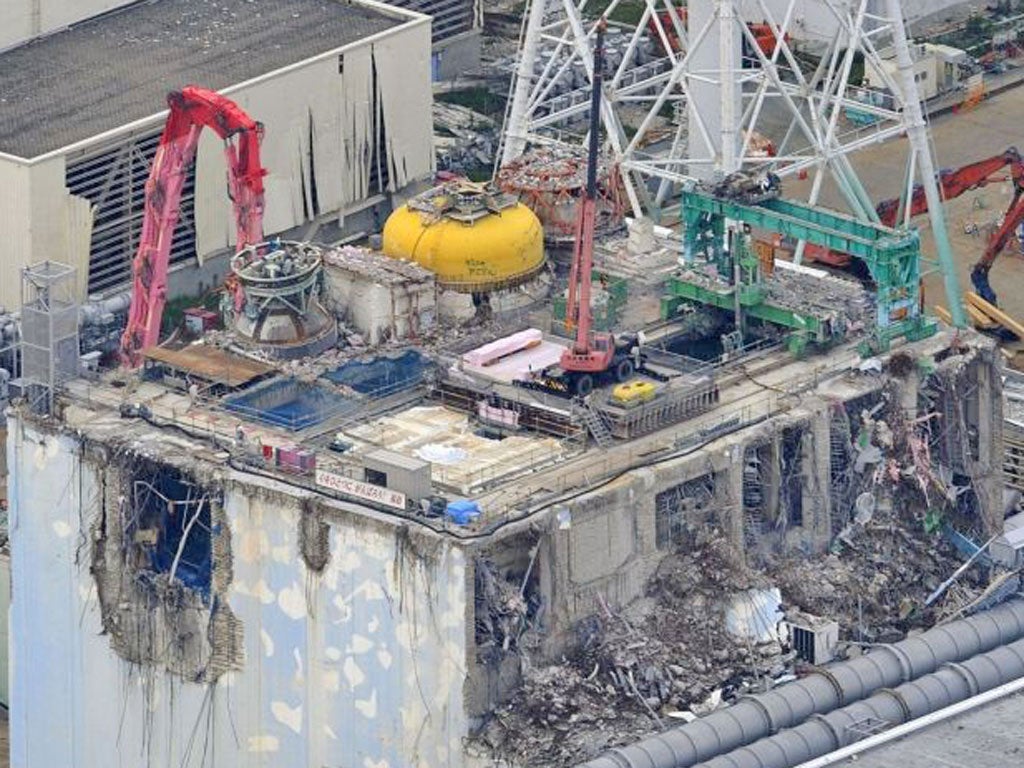Japan is warned it could still face a new Fukushima

The final government report into the Fukushima nuclear meltdown has called for a "drastic" shift in the way similar disasters are managed in the future to avoid a repeat at one of Japan's 50 other nuclear reactors.
Released weeks after the government controversially gave the green-light to restarting two reactors – the first since last year's triple meltdown – the call raises doubts about whether Japan's atomic plants are prepared for another seismic disaster.
"We understand that immediate safety measures are being further detailed and will materialise in the future," said the report.
"But we strongly urge the people concerned to make continued efforts to take really effective steps."
Tokyo Electric Power (Tepco), the operator of the Fukushima Dai-ichi plant, has argued since the crisis began after the 2011 earthquake and tsunami that it could not have foreseen the size of the huge seismic event. But the panel, led by the engineering professor Yotaro Hatamura, said the utility made "no attempt" to prepare for disaster because of what it called a "safety myth". "Officials at Tepco and the Nuclear and Industrial Safety Agency were convinced that an accident could not occur."
The 400-page report is the fourth since the Fukushima crisis began and follows a damning indictment by a parliamentary committee earlier this month that called the accident a "man-made disaster" and slammed "collusion" between Tepco and the nuclear regulators.
All four reports have also heaped criticism on the government of the then-Prime Minister Naoto Kan for its handling of the crisis and withholding data on radioactive fallout.
A private-led probe concluded in January that Mr Kan's decision to confront Tepco on 15 March had stopped it from abandoning the Dai-ichi plant and probably saved Tokyo from catastrophe. The parliamentary investigation said there was little evidence to support that conclusion.
The latest findings, by a panel of government-appointed experts, are likely to fuel Japan's growing anti-nuclear movement, which has launched a string of summer protests, culminating in a huge central Tokyo rally last week. Protesters are hoping to prevent the restart of the world's largest nuclear plant, the seven-reactor Kashiwazaki-Kariwa complex.
The government of the new Prime Minister, Yoshihiko Noda, has come under fire for what many see as its too-hasty decision to order reactors back on line. Opponents insist Japan cannot guarantee the safety of its atomic plants in a country with 20 per cent of the world's strong earthquakes.
Mr Noda's government is expected to announce its post-Fukushima energy policy next month and has launched public hearings across the country to test public opinion.
Join our commenting forum
Join thought-provoking conversations, follow other Independent readers and see their replies
Comments
Bookmark popover
Removed from bookmarks